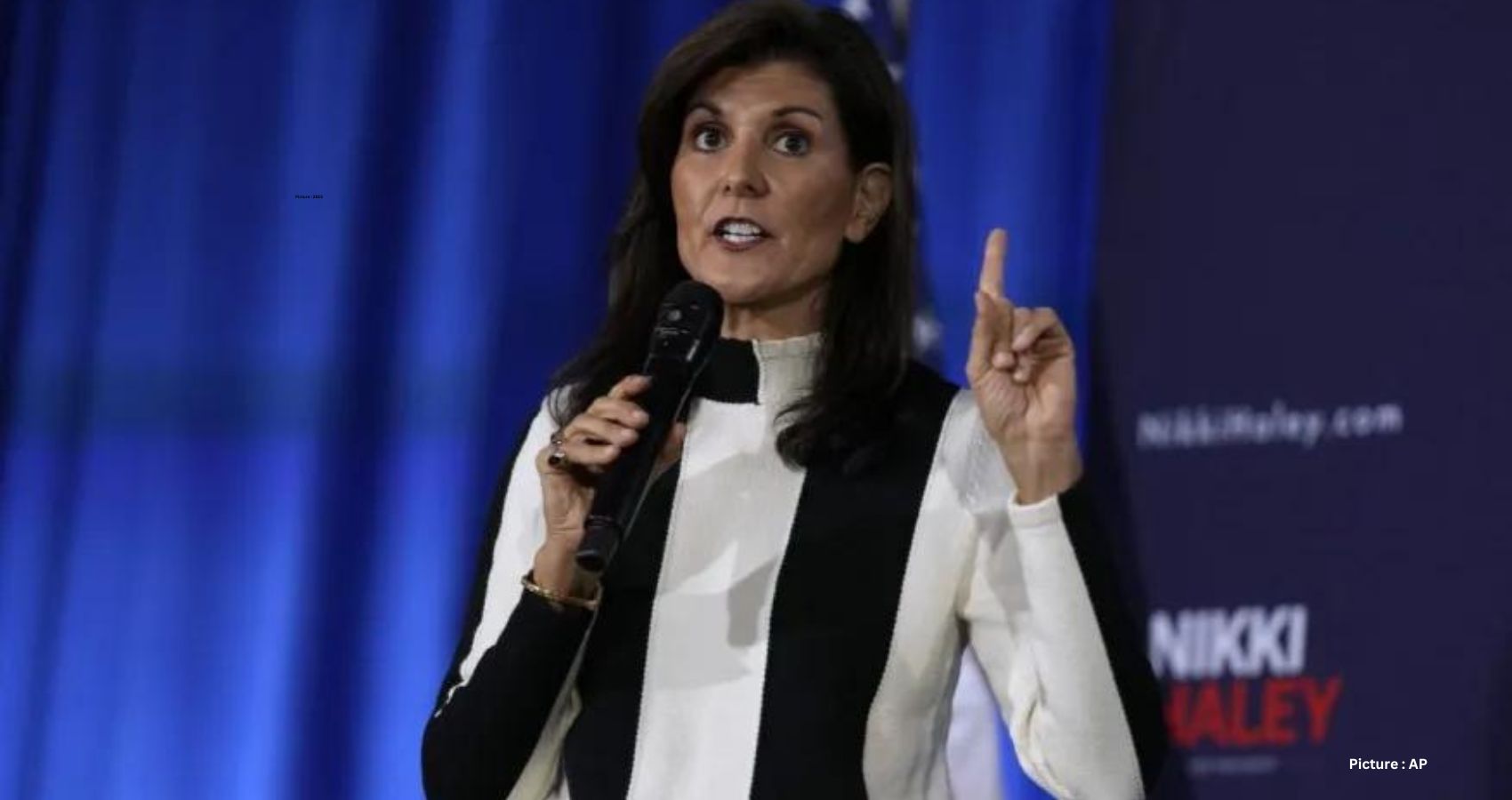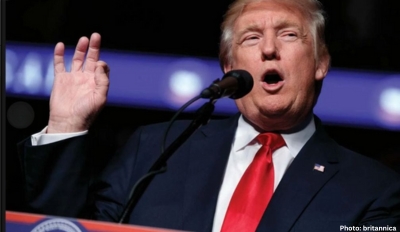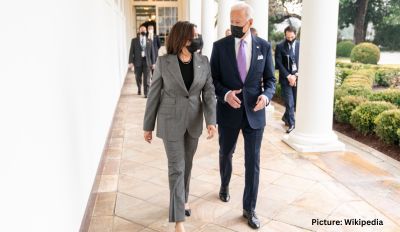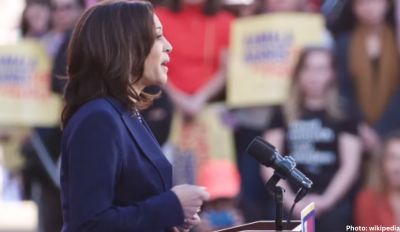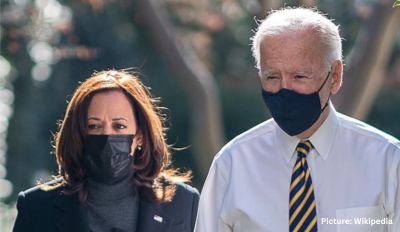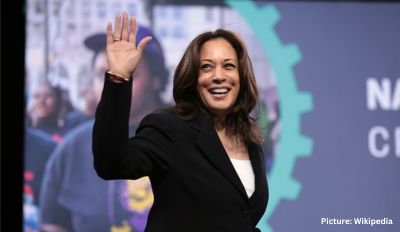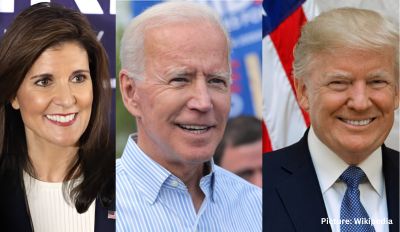Former South Carolina Governor Nikki Haley (R) moved to clarify her controversial remarks on the cause of the Civil War, acknowledging in a New Hampshire radio interview, “Of course the Civil War was about slavery. We know that. That’s the easy part of it. What I was saying was what does it mean to us today? What it means to us today is about freedom. That’s what that was all about.”
Haley faced scrutiny after a video of her exchange with a voter in New Hampshire surfaced on social media. When pressed by a Granite State voter on the cause of the Civil War during a town hall in Berlin, N.H., she responded, “Well, don’t come with an easy question, right? I mean, I think the cause of the Civil War was basically how government was going to run, the freedoms and what people could and couldn’t do.”
The voter expressed astonishment that slavery wasn’t mentioned, to which Haley defended her stance, emphasizing the role of government and the importance of capitalism and economic freedom. The exchange quickly drew attention, with critics questioning her interpretation of historical events.
In response to the backlash, Haley accused the voter of being a “Democrat plant,” as reported by the New Hampshire Journal. This swift attempt to deflect criticism highlighted the potential threat to her campaign. Recent polls in New Hampshire showed a narrowing gap between Haley and former President Trump, with Trump holding a 17-percentage-point lead, down from 27 points on Dec. 6.
Republican and Democratic figures alike criticized Haley’s initial comments, with Rep. Byron Donalds (R-Fla.) bluntly stating on social media that the cause of the Civil War was “slavery, period.” Despite the criticism, Donalds believed that Haley’s remarks wouldn’t impact the outcome, confident that Trump would secure the GOP presidential nomination.
Even Florida Governor Ron DeSantis’s campaign weighed in, sharing the video with a simple caption, “Yikes.” President Biden also reposted the video, reiterating, “It was about slavery.” Democratic Representative Ro Khanna characterized Haley’s remarks as a “sad betrayal of her own story,” pointing to the shared immigrant experience of their fathers in the context of the civil rights movement.
Attempting to address the controversy, Haley’s campaign emphasized the lesson that “freedom matters and individual rights and liberties matter for all people.” She acknowledged slavery as a stain on America’s history but underscored the need to avoid reliving such dark periods and protect freedoms.
In the broader national context, Haley and DeSantis found themselves in a tight race for second place behind Trump in the polls. As of the latest data, Trump led with 63.1 percent support, followed closely by Haley at 10.8 percent and DeSantis at 10.6 percent, according to Decision Desk HQ and The Hill’s polling index. The evolving dynamics of these poll numbers reflected the shifting landscape and the potential impact of controversial statements on candidates’ standings in the presidential race.

